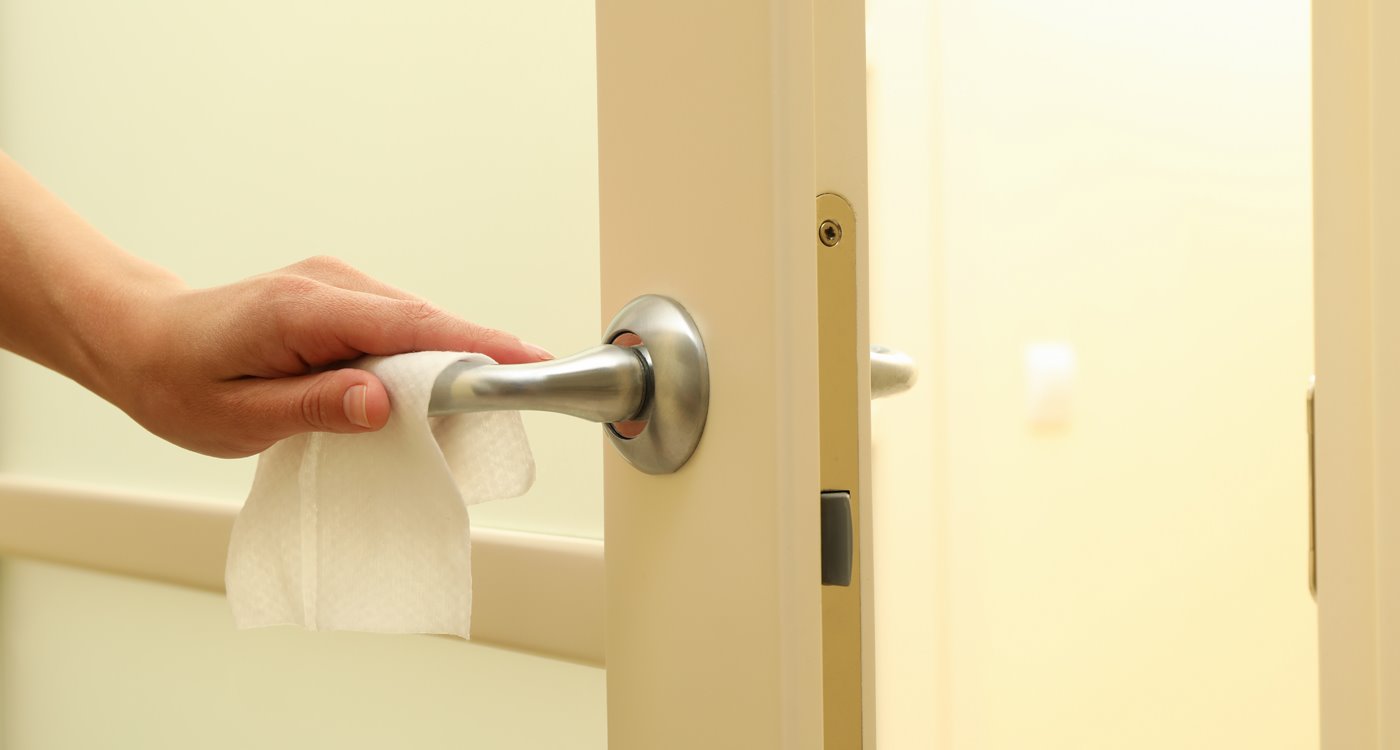Sure, you have your hand hygiene game on, but what about the surfaces at your home? You may wash your hands as frequently as you’d like, but how would you protect yourself from contaminants located at high traffic areas like public restrooms or your workplace?
The rise of alarming infections in the past months had most people trying to get their hands on as many types of disinfectants as they can – among these are disinfectant wipes.
Major manufacturers of disinfectant wipes reported a demand increase of 500% since the beginning of the pandemic and are struggling to keep up with the still absurdly high demand.
The unusual surge in demand – combined with a rising widespread interest – in disinfectant wipes is not surprising though as its effectiveness in killing germs and preventing transmission of disease-causing viruses.
CLEANING WIPES VERSUS DISINFECTANT WIPES – WHAT’S THE DIFFERENCE?
Cleaning wipes physically removes dirt and impurities; some cleaning wipes are mixed with sanitizing ingredients that can weaken microorganisms; it is still helpful in preventing transmission of disease-causing viruses, but it may not be that helpful against stronger variants of viruses as it does not necessarily kill it.
On the other hand, disinfectant wipes usually have a stronger formulation that is designed to kill germs; it may not essentially clean impurities (i.e. physically removing dirt) but removes germs entirely. Typically, its active ingredient is alcohol. Although some wipes contain lower alcohol or non-alcohol, they still work wonders at killing germs.
Although the Center for Disease Control and Prevention (CDC) initially recommended using the disinfectant liquid type, disinfectant wipes are generally easier to use on common surface areas. These remarkable features explain the attractiveness of the product among many consumers – it has even been used in the healthcare industry recently on “high-touch environmental areas” and some non-critical medical devices.
HOW LONG SHOULD YOU USE DISINFECTANT WIPES ON SURFACES?
Disinfectant wipes require a certain amount of contact time for them to work. This means that you need to wipe on a surface for a certain amount of time, then wait some more for the surface to be properly and adequately disinfected, without rinsing the disinfected surface.
The formulation used in crafting disinfectant wipes varies, depending on the manufacturer, so it is always best to check the product label for specific instructions.
Findings from another recent study, the shorter the contact time, the better because this means that the surface is free of bacteria and viruses within a short period. Nevertheless, remember that the disinfectant aspect of these products is attributed to strong ingredients like alcohol and bleach, which can be harmful if left wet and inhaled or ingested unlike our Mikrozid surface wipes is gentle to skin since it is dermatologically tested – and like any other type of disinfectant, you have to wait until the surface is completely dry after wiping or that you have wiped the surface “significantly enough” for it to work as intended by the manufacturer.
IS IT SAFE ON MY SKIN?
Yes – and no. Since disinfectant wipes are made with harsh chemicals for them to be as effective as they claimed to be, frequent exposure can irritate the skin, but these ingredients are not strong enough to severely harm the skin.
Other disinfectant wipes contain bleach as their active ingredient; bleach can be severe on the skin. Review the label of your disinfectant wipes to confirm if your purchase is safe to be used on the skin.
The majority of disinfectant wipes specify on the label to either use gloves during the disinfection process or wash your hands afterward with soap and water, or both.
Fortunately, some disinfectant wipes also function as hand disinfectants and have been formulated to be gentle on the skin, without compromising their effectiveness against germs and bacteria.
A CLEAN LIFE WILL SAVE LIVES
It is important to regularly (but not excessively) disinfect high-touch areas of your home – especially if you welcome visitors a lot. Keep in mind that you should not rely solely on disinfectant wipes, or any other forms of disinfectants, as these products will not work on their own. In the absence of proper hygiene and measures – handwashing, wearing masks, and practicing social distancing – to prevent contracting not only COVID-19 but other disease-causing viruses as well.
Disinfecting alone can help prevent diseases but will not save you from getting sick; a combination of these measures should be done religiously to promote a safer and healthier community for all.




